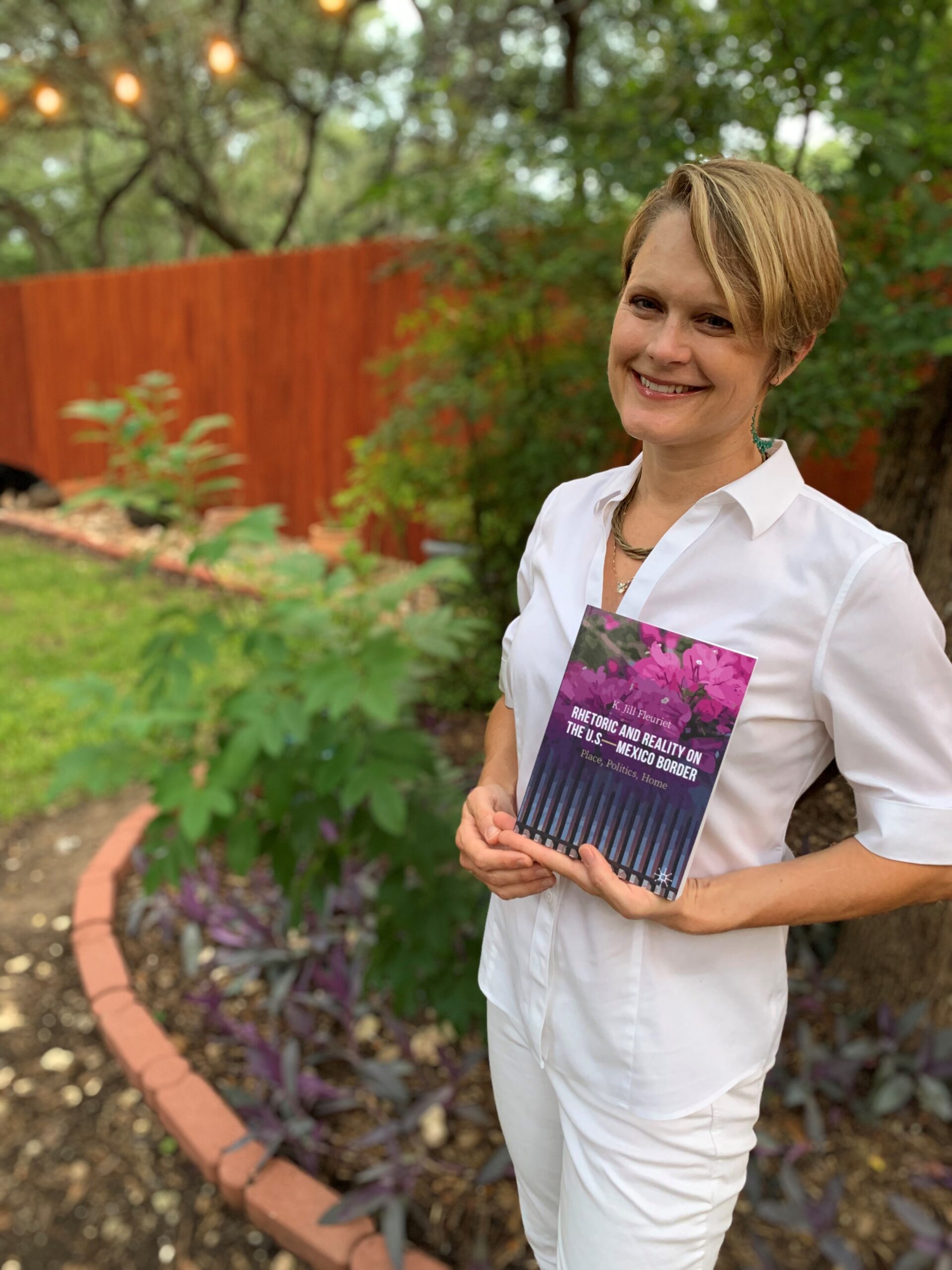
HARLINGEN — Prior to beginning her undergraduate studies, Dr. Jill Fleuriet says she didn’t know anthropology even existed.
However, it didn’t take very long for this Harlingen native to discover her passion for the field.
After looking through a course catalog with her father and agreeing that it looked like an interesting subject to study, Fleuriet decided to take her first anthropology course.
Now, as a professor of anthropology at The University of Texas at San Antonio, Fleuriet not only shares her passion and knowledge of the field in her classroom, she also dives deep into the study through her published work.
Fleuriet recently published a book titled “Rhetoric and Reality on the U.S.-Mexico Border: Place, Politics, Home.”
The book is described by Fleuriet as challenging common, widespread and dangerous understandings of the U.S.-Mexico border that’s expressed in media and political discourse.
Fleuriet says the book does so while contrasting the rhetoric of national political and media conversation with that of local border leaders in economics, health care, politics, education, law enforcement, philanthropy and activism.
“Cultural anthropology, which is what I do, is really about understanding the meanings we have about ourselves, other people, places, things and how that shapes our experiences,” Fleuriet said.
By looking at how the meaning of the border gets circulated in the news among different Valley communities and among Valley leaders, Fleuriet says we can start to take apart the assumptions we have about people and places so we can do a better job with each other.
“We can be more compassionate about each other and we can work together even better. I think anthropology has a role to play in that,” Fleuriet said. “I also think that one of the things the book highlights is that these ideas that the nation has about ‘the border’ are rooted in very old ideas about who we should be as a nation versus who we can be and who we are as a nation.”
Fleuriet came up with the idea for the book in 2014 and began collecting data the following year.
She said it feels exciting to see her years of research be published.
“It feels particularly relevant to all of the current news coverage and political actions around the border that are happening right now both at the state and national level — both in respect to what the governor’s doing and then how the federal system is responding,” she said.
Fleuriet said she wants her book to contribute to a deeper conversation about why we as a nation, state and region think about the Rio Grande Valley the way we do.
She hopes her book inspires people to ask themselves what are their assumptions behind their ideas about a place and people.
“I also hope to contribute to all of the really excellent work people in the Valley are already doing to try and address some of our long-standing challenges,” Fleuriet added. “Those challenges have been a result of much bigger processes at play.”




